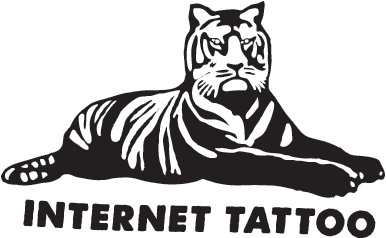MY BEEF WITH MEMOIRS

The older I get, the less patience I have for fiction. What good are made up stories when their are so many real ones I’ll never get to hear. I have a tremendous amount of respect for all the great fiction writers, living or dead, but wouldn’t you much rather listen to This American Life?
In the past decade, I’ve been lucky to find what seems like an endless supply of non-fiction books that have tremendous literary qualities. I’ve enjoyed so-called self help books like The 48 Laws of Power or The E Myth as much as I have enjoyed some of my favorite novels. They have transformed my perception and inspired me, which is exactly what I expect from work of arts, fictional or not.
Of course, a non-fiction category that has been exploding lately is the memoir. Memoirs used to be the last resort for soap opera stars and washed up movie actors, a way to make a quick buck, or to grasp at some cultural relevance. Nowadays, anybody that is somebody seems to have their memoirs available on Amazon, from Joe Biden to Richard Hell.
Some are truly amazing (Keith Richard’s Life and Andre Agassi’s Open come to mind) and others are just OK (e.g. I’ve recently white-knuckled through Amy Poehler’s Yes Please), but almost all of them have at least a chapter or two where shit gets real.
This being said, during the rise of the memoir, I’ve noticed another genre has been taking the back seat: the biography.
I really miss digging into a great biography. I like memoirs with all their warts, their subjective retellings and their selected memories, but when reading about the life of one of my favorite artist’s, I miss the insights only time can bring.
I miss the third person accounts that aim toward facts rather than impressions. Even if objectivity is ultimately not really a thing in literature, if nothing else, I miss a linear story that takes you from causes to effects. Part of it is my narcissistic desire to see which traits I share with the greats. Part of it is a curiosity bordering on morbidity, to see how a life worth telling unfolds.
A good biography lets you travel through time, offering a detailed vision of past periods. They can vulgarize processes that have since become outdated, or give you an ideal vantage point on events you have witnessed in your lifetime from afar. Walter Isaacson’s Jobs is a great example of all three.
Not that a memoir can’t be great. For instance, I’ve recently read Bob Dylan’s Chronicles: Volume One, a book which most certainly contributed to the writer’s winning his Nobel Prize. It is a true masterpiece, but once I was done with it, I can’t say I had a clear perception of Bob Dylan’s life or career. It’s another labyrinthine folk story from a charismatic joker who likes to bury the lead. It would be a great companion to a dense biography that has still to be written, but it’s in no way a substitute.
Same goes for Patti Smith’s stellar Just Kids, in which the diva’s musical journey often feels besides the point of such a pure love story.
Obviously, I’m not saying things were “better in my days”, or anything like that. I’m glad we’re getting first person accounts from these legends while their still among us, but one also wonders if it can be too early - or too late, for that matter - to write someone’s biography.
